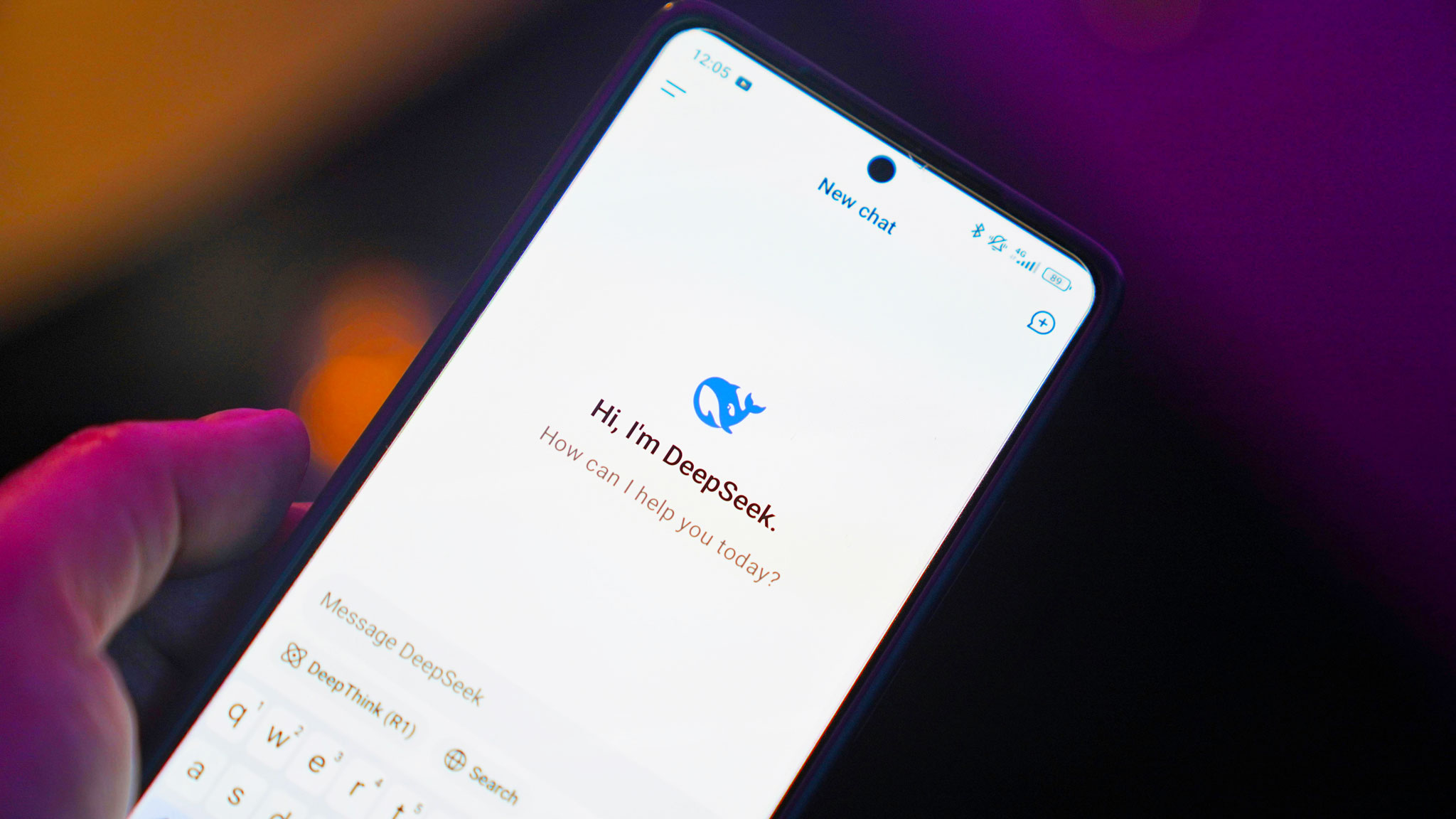Ready to talk to Ernie? DeepSeek's latest rival from Baidu is here
The importance of being Ernest

Here at Tom’s Guide our expert editors are committed to bringing you the best news, reviews and guides to help you stay informed and ahead of the curve!
You are now subscribed
Your newsletter sign-up was successful
Want to add more newsletters?

Daily (Mon-Sun)
Tom's Guide Daily
Sign up to get the latest updates on all of your favorite content! From cutting-edge tech news and the hottest streaming buzz to unbeatable deals on the best products and in-depth reviews, we’ve got you covered.

Weekly on Thursday
Tom's AI Guide
Be AI savvy with your weekly newsletter summing up all the biggest AI news you need to know. Plus, analysis from our AI editor and tips on how to use the latest AI tools!

Weekly on Friday
Tom's iGuide
Unlock the vast world of Apple news straight to your inbox. With coverage on everything from exciting product launches to essential software updates, this is your go-to source for the latest updates on all the best Apple content.

Weekly on Monday
Tom's Streaming Guide
Our weekly newsletter is expertly crafted to immerse you in the world of streaming. Stay updated on the latest releases and our top recommendations across your favorite streaming platforms.
Join the club
Get full access to premium articles, exclusive features and a growing list of member rewards.
Chinese search giant Baidu, known for its search technology, has made its Ernie large language model open source as of June 30.
It's a shot across the bow of DeepSeek, China's premier LLM, which has seen unprecedented success since it debuted in December 2024.
It's also a big change of approach for Baidu. The company had previously been vocal in its defiance of moving to open source, working to keep its business model proprietary.
DeepSeek and other international rivals like ChatGPT have proven that being open source can lead to a more impressive LLMs, and still be lucrative.
Baidu goes open source
While the change could not be as monumental as the arrival of DeepSeek, it could have major ramifications for AI.
“This isn’t just a China story," Sean Ren, associate professor of computer science at the University of Southern California and Samsung’s AI Researcher of the Year told CNBC.
"Every time a major lab open-sources a powerful model, it raises the bar for the entire industry."
Get instant access to breaking news, the hottest reviews, great deals and helpful tips.
"While most consumers don’t care whether a model’s code is open-sourced, they do care about lower costs, better performance, and support for their language or region," Ren added.
"Those benefits often come from open models, which give developers and researchers more freedom to iterate, customize, and deploy faster."

Baidu's move to open source could also help provide more competition to its aforementioned rivals.
If Baidu's model is able to offer comparative features to rivals, but at a lower price, it could be seen as a moment that reverberates through the industry.
Earlier this year, Sam Altman, OpenAI's CEO, discussed open source models on Reddit.
“While OpenAI has open-sourced models in the past, the company has generally favored a proprietary, closed source development approach,” Altman explained.
”[I personally think we need to] figure out a different open source strategy,” he added.
“Not everyone at OpenAI shares this view, and it’s also not our current highest priority … We will produce better models [going forward], but we will maintain less of a lead than we did in previous years.”
Expect Baidu's model to be under plenty of scrutiny, too. This week, Germany moved to ban DeepSeek for transferring data to China.
What does open-source mean?
In AI, the term open-source refers to systems where the code and training data is made publicly available.
This is becoming more common recently, with the likes of OpenAI, Deepseek and Gemini all releasing open-source versions of their products.
With an open-source AI model, the public can inspect, adapt and distribute the code in their own way. This speeds up the process for smaller companies who aren't able to put in the huge amount of work at the start that is needed.
More from Tom's Guide
- Google Gemini built me a 5-move dumbbell workout to grow muscle and strengthen my core — here's how it did
- X is letting AI bots write fact-checks — here’s why it could backfire
- Gemini could get a major upgrade thanks to RCS support — what that means for you

Lloyd Coombes is a freelance tech and fitness writer. He's an expert in all things Apple as well as in computer and gaming tech, with previous works published on TechRadar, Tom's Guide, Live Science and more. You'll find him regularly testing the latest MacBook or iPhone, but he spends most of his time writing about video games as Gaming Editor for the Daily Star. He also covers board games and virtual reality, just to round out the nerdy pursuits.
You must confirm your public display name before commenting
Please logout and then login again, you will then be prompted to enter your display name.
 Club Benefits
Club Benefits










